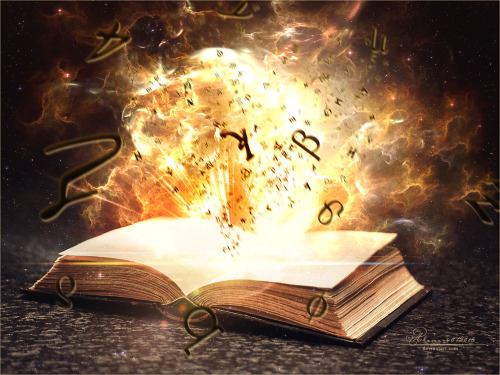#magical education
From the Sorcery Standard, page A4 - 1 July 2016
Is a New Education Standardization Act on the Horizon?
After nearly a decade of internal debate among the Council of the Seven Schools, it seems that a new Educational Standardization Act may be headed to the American Wizarding Congress for consideration.
The Council, composed of faculty representatives, board members, and distinguished alumni from all Seven Schools, is set to propose the addition of scientific principles to the Fundamentals curriculum, alongside the reading, writing, and mathematic skills currently mandated. AWC representatives Corona Black (South East district 7) and Maximilian Vasquez (North East district 4, and brother to the Head of Fundamentals at the Salem Institute) have pledged to sponsor the Act to the Congress.
“It’s long past time,” said Vasquez. “Potions, astronomy, herbology – these disciplines already call upon hard, definable science, at their hearts. But most of our children are sadly lacking in basic knowledge of biology, chemistry, and physics which could only assist them in the production of competent magic. Too, understanding the scientific method, how to test a hypothesis, how to design a controlled experiment, and so on, will impart valuable critical reasoning skills.”
Kenneth Abermacky, Head of the Potions Department at RPI, put it more simply: “If they can tell their aconite from their elbow, they can damn well learn the periodic table.”
The proposal is backed by significant members of the Department of Magical Research and Development. Dr. Naomi Agbayani, who earned an M.D. from Stanford University after her early education at LAO and prior to advanced Healing work at St. Dymphna’s Hospital, has long championed the intertwining of science and magic. “There is no reason for the two to be as disparate as they are. Once, in the days of the alchemists and sorcerers, they were indistinguishable. Now, we owe it to the healing arts, as well as those of communication and, yes, even entertainment, to give our students a thorough grounding in those components of our physical reality which affect both scientific study and magical practice.”
Though the proposal has gained popularity in recent years, it is not without its detractors. “Muggle science is an unnecessary crutch for the adept witch or wizard,” said Hubert Gworthem, an AWC representative from the Lake Central Region. “We will be weakening future generations’ understanding of magical principles if we see this measure through.” Gworthem is expected to lead opposition to this Educational Standardization Act in the AWC. (Editor’s Note: When asked for commentary on Gworthem’s position, Representative Black did offer this paper a statement, but the editorial board deemed it unsuitable for publication).
Previous ESAs formally recognized Mesa Academy, the Laveau Academy, and The Allegiance Academy as fully accredited institutions of learning (1901), made education at one of the officially recognized Seven Schools mandatory for all AWC children ages 11-17 (1901; a 1903 addendum granted exemptions for Native students who wished to be educated within their own communities), set standards for secondary schooling and vocational training (1935), and moved from disparate testing systems to the IWE-AWE-EWE system currently used in all Seven Schools (1965).
Evaluation and possible restructuring of the IWE-AWE-EWE system has been in consideration for some time, and is not likely to reach AWC consideration anytime soon.
–Report by Gervase Wynne
[X]
–
[If you enjoyed this story, please consider supporting the author’s Patreon!]
Post link

